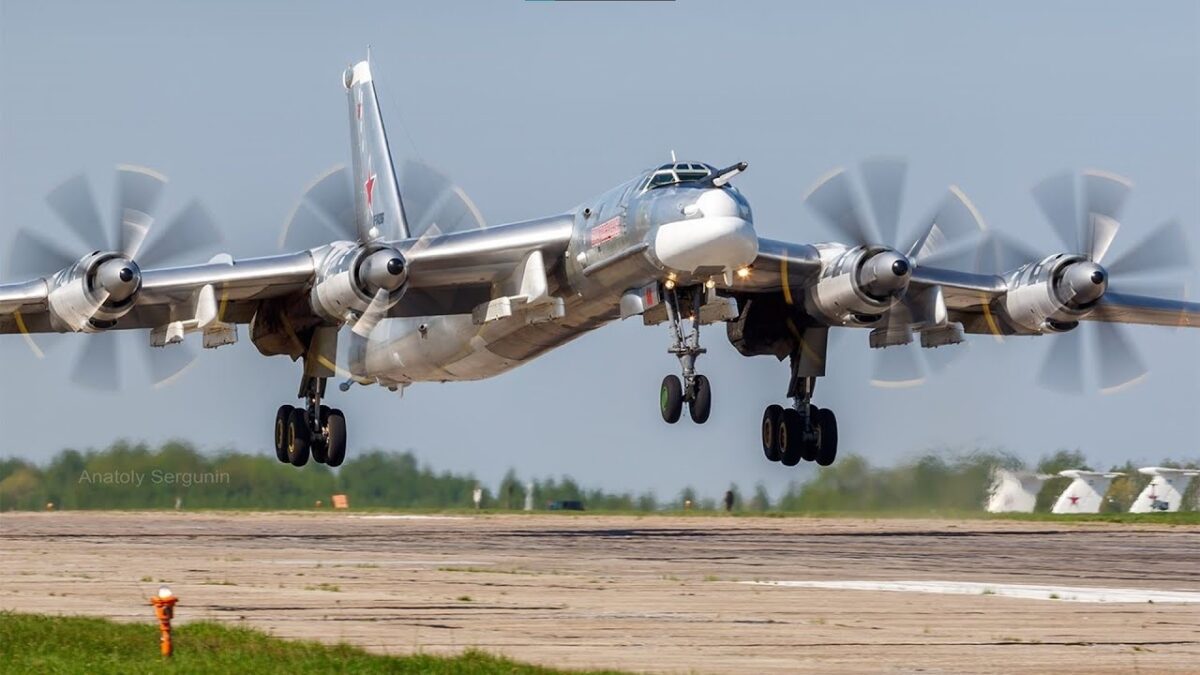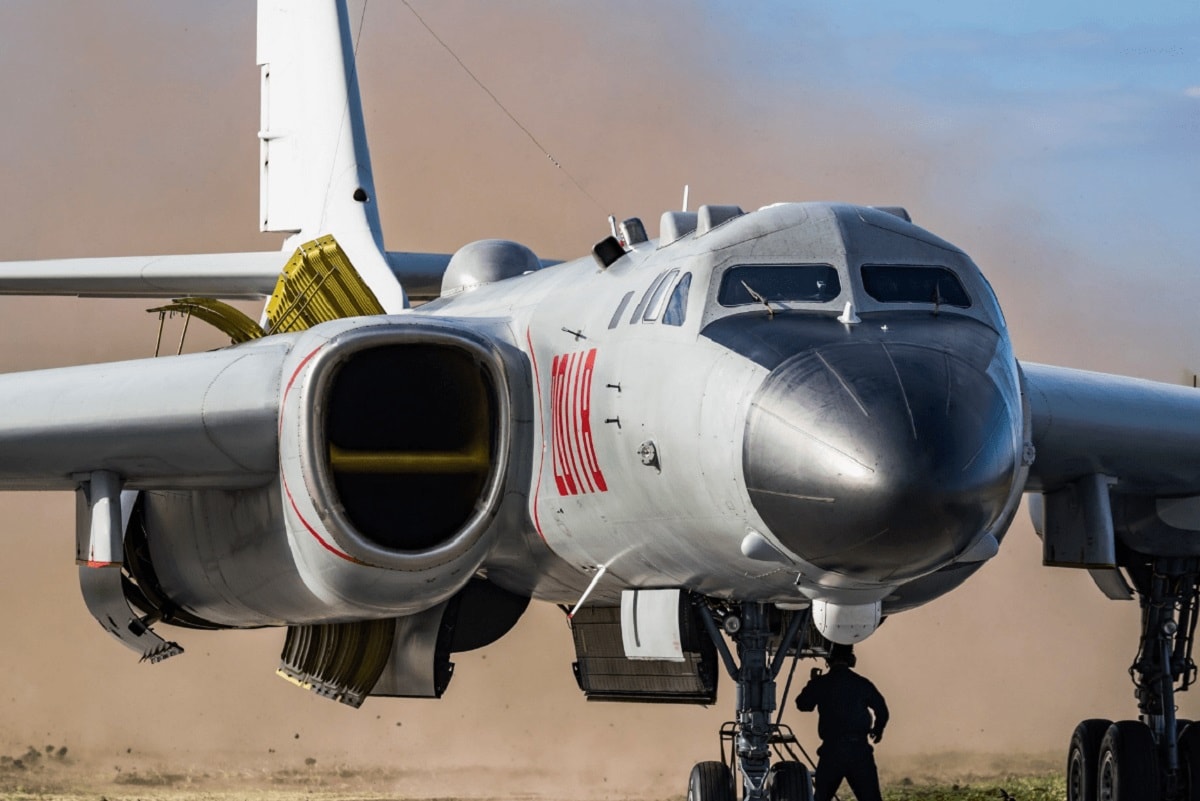China and Russia Joint Patrols Are a Warning to Washington – China and Russia have flown their first joint air patrols since Moscow invaded Ukraine.
The patrols, which were conducted May 24 while President Biden was in Tokyo as part of his Asian tour, seems intended as a warning to Washington: the two former Cold War allies could be allies again.
“The Russian Aerospace Force and the Air Force of the Chinese People’s Liberation Army conducted a joint air patrol in the Asia-Pacific region,” said the Russian Ministry of Defense. “The air task force composed of Tu-95MS strategic missile-carrying bombers of the Russian Aerospace Force and Hong-6K strategic bombers of the Air Force of the Chinese People’s Liberation Army conducted a joint air patrol over the waters of the Sea of Japan and the East China Sea.”
Russian Su-30SM fighters escorted the flight, which lasted 13 hours for the Russian bombers, said the Russian government.
Japan’s Ministry of Defense reported that the patrol comprised six bombers, including four Chinese aircraft. Japanese F-15 and South Korean F-2 fighters scrambled to intercept the bombers, which did not enter Japanese or South Korean airspace. But they did enter South Korea’s Air Defense Identification Zone, which required the intruders to identify themselves.
China’s state-sponsored Global Times rejected Japanese Defense Minister Nobuo Koshi’s assertion that the flight was “provocative.” Instead, the news site pointed to Biden’s visit to Tokyo for a summit of the Quadrilateral Security Dialogue. The Quad, which comprises the U.S, Australia, Japan and India, is an informal coalition aimed at countering a China growing in military strength and assertiveness.
“It is because the QUAD summit is aimed at China that Kishi has a guilty conscience to see ‘provocation’ in the patrol,” Chinese military commentator Song Zhongping told Global Times.
China and Russia have performed joint air exercises for the past four years, with the first joint air patrol in 2019. But this is the first joint flight since Russia invaded Ukraine in February 2022.
The message was unmistakable: an anti-Chinese alliance will be met by closer Sino-Russian ties.
Russia and China have a complicated history. Russia seized parts of China during the 19th Century, including Manchuria after World War II. During the early Cold War, Communist China and the Soviet Union were allies, with Moscow providing extensive military aid. But rivalry over who would be the leader of the Communist world led to split by the 1960s, which culminated in bloody border clashes in 1969.
Unlike NATO, which has been vigorous in providing military and political support to Ukraine against Russian aggression, the Russo-Chinese axis so far appears to be more symbolic. China was not happy with Russia invading Ukraine, and Chinese companies have been cautious in pursuing economic ties with Moscow, for fear of running afoul of Western sanctions against Russia. China is also concerned that a firm Western response against Russian aggression could translate into support for Taiwan should China invade.
However, in military terms, the Sino-Russian joint flight means little. With its invasion of Ukraine bogged down, its military performance incompetent and its defense manufacturing crippled by sanctions, Russia is no position to support a Chinese invasion of Taiwan or anywhere else. For its part, Beijing is focused on asserting Chinese primacy in the Western Pacific: military adventure in an conflict fought in Eastern Europe has no appeal.

Tu-95 bomber. Image Credit: Creative Commons.
A seasoned defense and national security writer and expert, Michael Peck is a contributing writer for Forbes Magazine. His work has appeared in Foreign Policy Magazine, Defense News, The National Interest, and other publications. He can be found on Twitter and Linkedin.

